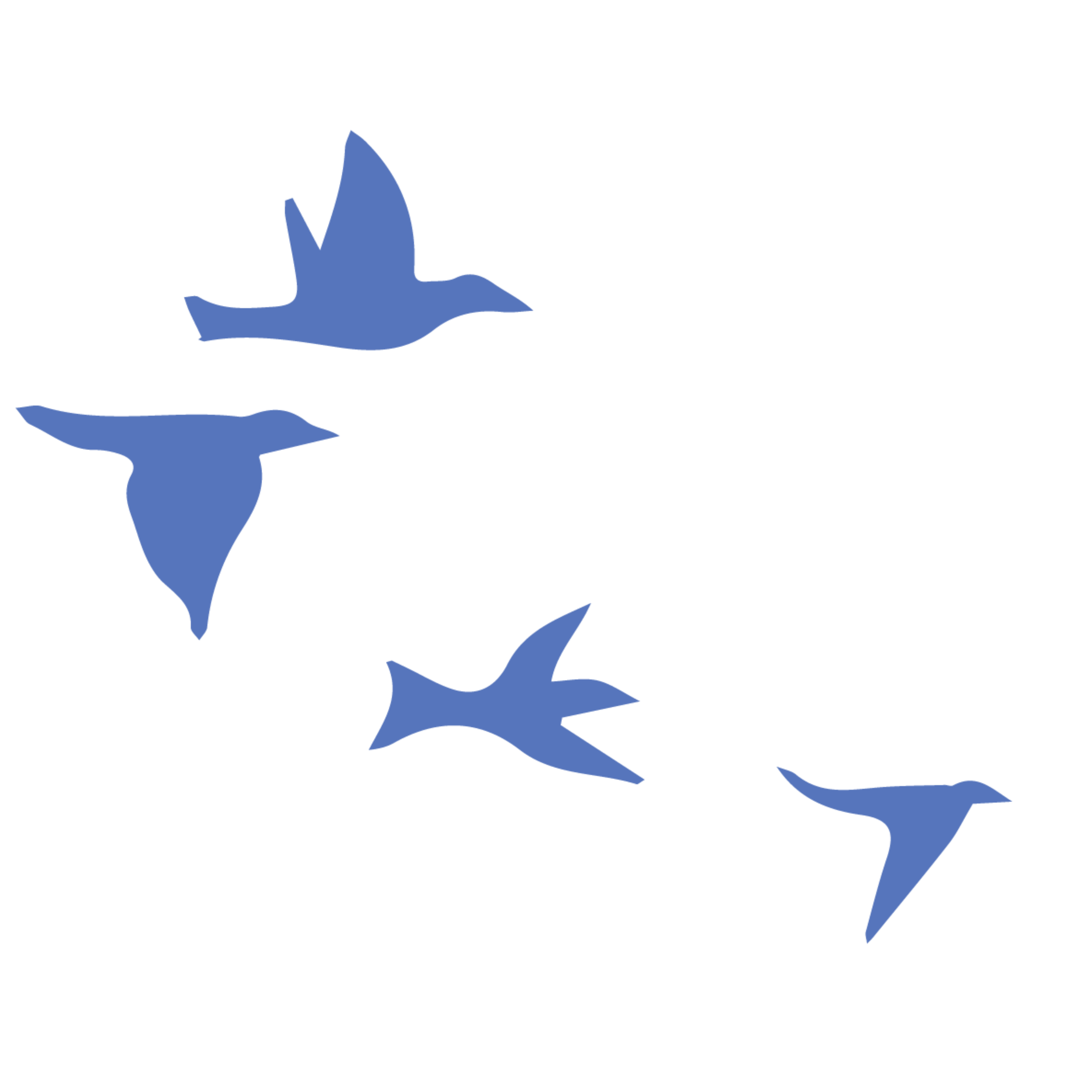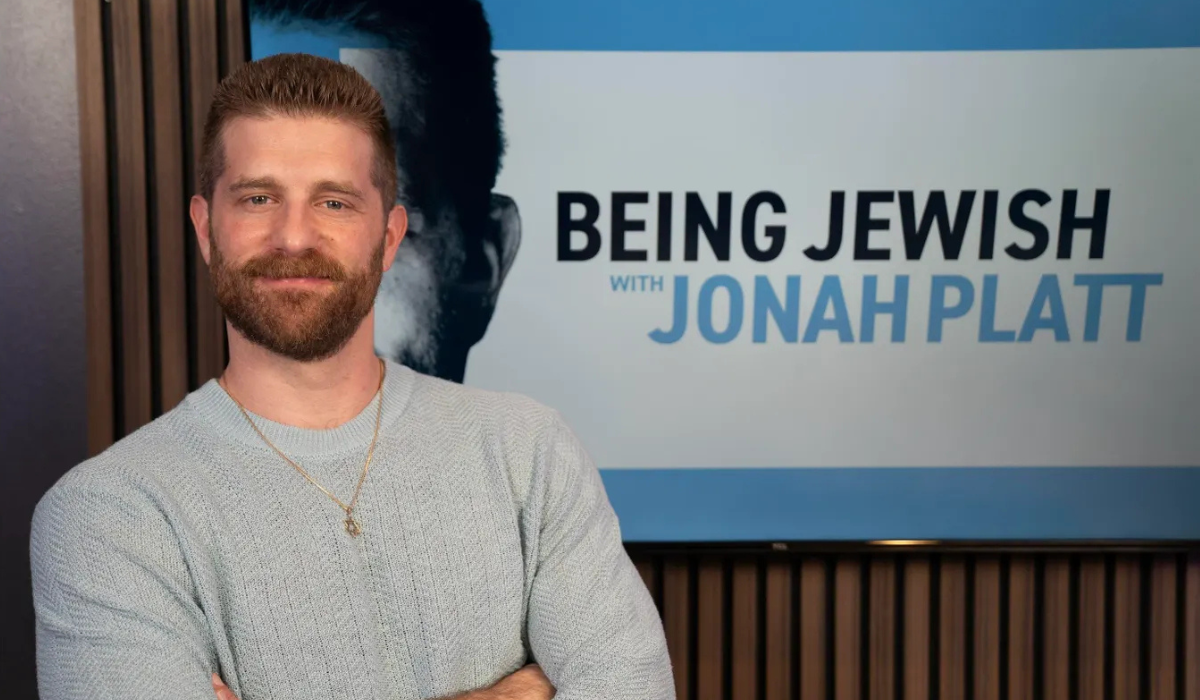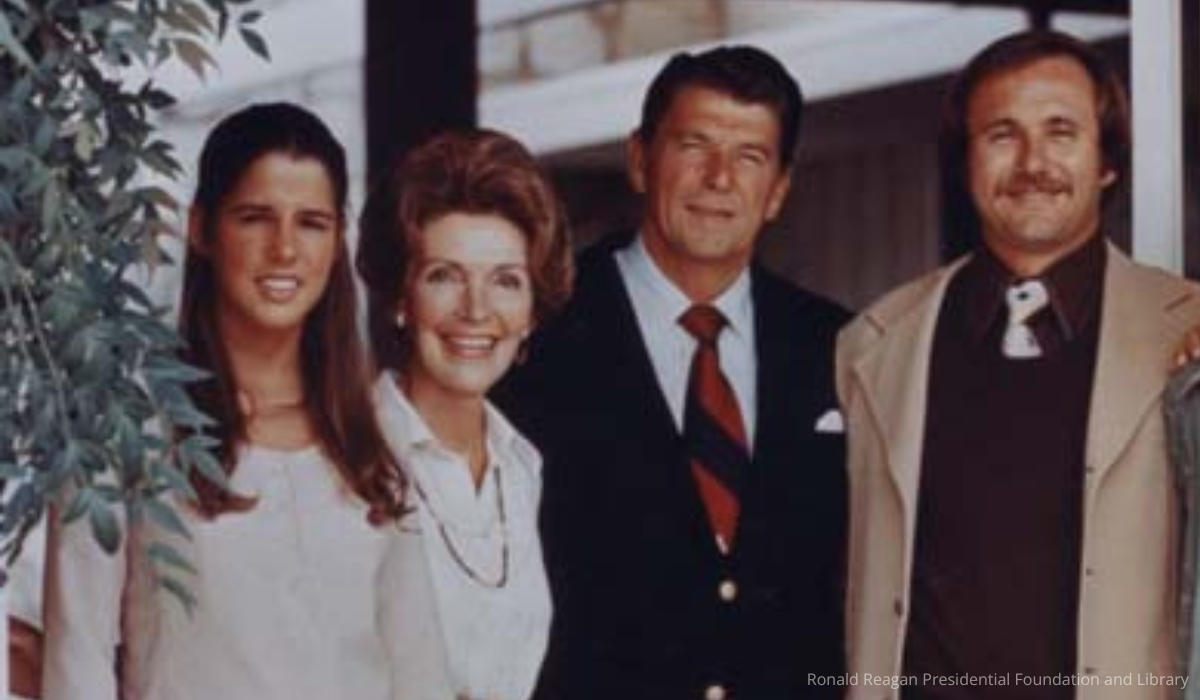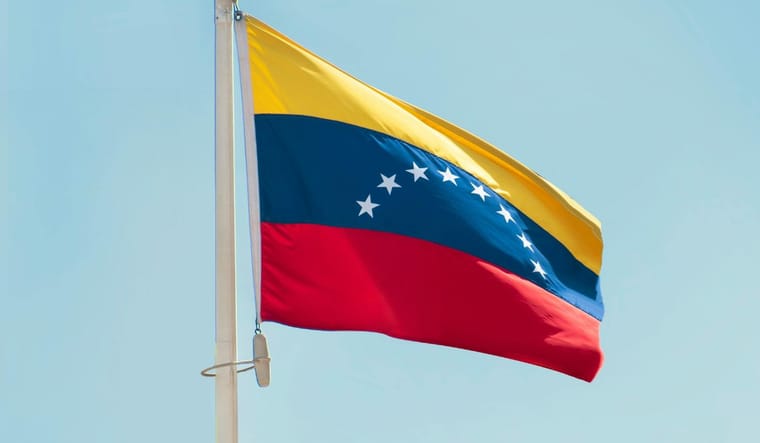What Does It Mean to Be Jewish Today?

Two years ago, on October 7, 2023, news broke of the deadliest attack on Jewish people since the Holocaust. It happened in Israel, the very place created to serve as a safe haven for Jewish people.
Today, Jewish identity feels more complex, fragile, and urgent than ever. That’s one reason why podcaster and activist Jonah Platt is using his platform to speak openly about deeply nuanced topics.
This week, The Sunday Paper sat down with Platt to talk about the fear, grief, and shattered illusion of safety so many Jewish people are feeling right now, how he’s holding both concern for Israel and heartbreak for Gaza, and why he believes listening to Jewish voices is more important than ever before.
A CONVERSATION WITH JONAH PLATT
This anniversary of October 7 is not only about remembering the lives lost, but also about grappling with what it means to be Jewish right now. How has the attack reshaped your sense of Jewish identity and community?
That’s a big question. Since the October 7 attacks, the global Jewish community has begun to feel more united. No matter where you are or who you are, if you are Jewish, the world sees you as Jewish—for better or worse. On the better side of that, it means you are connected to all these people all over the world who endure the same things you do and feel the same things. We’ve been connected for thousands of years, but I think that feeling of connection is more alive now than it’s been in a long time.
In the fallout of October 7, we’ve also come to understand how small a minority we truly are, how little regard there is for Jewish voices, and how in danger we are around the world. Hate against Jews has become normalized and more public than it’s been in the western world since the 1930s and 1940s. It feels like open season on Jews. People are finding ways to blame things on Jews and take out violent, racist hate against Jews.
Which is why Jews are now re-engaged in a way that they haven’t had to be for many decades. We’re seeing a lot of new energy and commitment to asking questions: What have we been missing? How do we ensure that we have a strong Jewish future over the next several decades? How can we push to a new normal that actually sticks, where we are at last accepted and safe within our majority communities?
October 7 was the deadliest attack on Jewish people since the Holocaust, and it happened on Israeli soil. How do you process that reality, given that Israel was created to be a safe haven for Jewish people?
It shattered an illusion of safety for everybody. And on the flip side, it’s only made Israel more important for Jews and highlighted how critical it is that we have a place where we are in control of our own destiny and can protect ourselves. Because clearly, when we leave it up to everybody else, we are not protected and we’re not safe.
The more people speak out against Israel, the more it affirms that how important it is that it exists. It’s a country like any other country. We think of America as the safest, most amazing place. But on 9/11 they found our loopholes, and they attacked us. A similar thing happened in Israel. They found the loopholes, the soft spots, and attacked them. You have to hope that Israel will learn from those security lessons and shore things up, so it doesn’t happen again. But again, it leads back to the idea that the more Israel is attacked, the more it needs to exist and be stronger.
Many Jewish people are both profoundly concerned for the security of Israel while also heartbroken by the devastation in Gaza. How do you personally hold that tension?
We are capable, as human beings, of holding two truths at once. We need to be okay with the word you used: tension. Both things are true. It’s horrible to watch the devastation in Gaza. And Israel is facing a genocidal enemy that wants to see it completely wiped off the map.
Do you feel there is space right now to talk openly about these complexities without being misunderstood or attacked?
It’s very difficult. In general, the way we consume conversation is on cable news, which is completely biased. Or it’s on social media, where you get X number of characters or X number of seconds, and these kinds of conversations just aren’t made to be had in 140 characters or in a 30-second Instagram reel. They require a lot more nuance, balance, and compassion. That’s why I have a podcast, which is where a lot of meaningful conversations are being had.
I believe there is a deep hunger for conversations that tackle complex, nuanced topics. People are capable of having these conversations and want them, but unfortunately our media ecosystem is not really built for them.
What was the genesis for your podcast? Who is your audience—and are you hoping to appeal to non-Jewish people as well?
From day one, I’ve tried to include everybody in this show. And I’m happy to say I have a non-Jewish audience within my audience. In general, the audience I’m trying to reach are people in the middle, Jewish or not Jewish, who are reasonable, critically-thinking, compassionate people who recognize the facts of our world. They recognize the media ecosystem, how it’s a business, and how the algorithm feeds on inflammatory polarization. They recognize the media is riddled with bias and that they’re not getting all the right information all the time.
I started the show in the wake of October 7. I had been doing Jewish advocacy online and in person as a side gig while I was focusing mostly on my entertainment career. But after October 7, I found all my focus going towards Jewish advocacy, which is really empowerment. I want to empower Jews to feel proud of who they are, to stop hiding who they are. I want my podcast to normalize Jews talking about Jewish stuff, as well as allies and Jews talking about Jewish stuff. It doesn’t have to be overly religious or academic or lame or nerdy—it’s just normal. And I wanted people to see conversations with people they respect and know and realize, Oh, they’re having the same thoughts and feelings that I’m having, or They’re articulating something that I was feeling but hadn’t articulated. I’m trying to find ways for people to connect and feel seen and hopefully feel inspired to make a change in their lives.
How do you explain to people who aren’t Jewish why this moment feels so raw, frightening, and unprecedented?
I was born in 1986 and until October 7, 2023, I did not experience any antisemitism in my day-to-day life. I grew up in Los Angeles, America’s second largest Jewish community and the largest community of Israelis outside of Israel. And now, every day there’s something. Jews are getting killed all over the world. Synagogues are being attacked again. This is not a political conversation the way that the non-Jewish majority is trying to frame it. If it’s about Israel, why do they keep attacking us on Jewish holidays? October 7 was on Simchat Torah. The Yom Kippur War was on Yom Kippur. There was an attack on a synagogue in England this year on Yom Kippur. It’s about being Jewish. That’s what it’s always been about. That’s what it continues to be about. Everything else is a ruse.
If you look at the history, you’ll see that very couple of decades, some society is upset about something and so they blame it on the Jews. It’s fueled by people who actually just hate Jews and want to get rid of them. In the case of the Nazis, they hid it under the guise of pseudo-science, saying Jews are a different race and we need to stop polluting our race. For the early Christians, it was that Jews were the killers of Christ. For the Bolsheviks, it was Zionism. And today, it’s Zionism again. It’s this notion that if you’re supporting Israel, you’re a bad person.
What people don’t understand is that when they say, “Well, that’s not what it’s about for me,” they don’t recognize who is putting out the information and the emotional vibes that you’ve been swept up in without realizing what you’re a part of. It’s from people who hate Jews and want to be rid of them, and they put it under this socially acceptable cloak that you buy into without digging deeper.
I’d say the biggest problem is people don’t listen to Jewish voices. Right now, we need to listen to Jews the same way we listened to Black voices in wake of George Floyd’s murder. Then, the message was: “Listen to black voices. They will tell you what they’re experiencing and what’s going on.” And to not do that was wrong and racist. It’s the same thing right now for Jews: To ignore Jewish voices, to think you understand it better, to think you know what’s going on when the people it’s happening to are saying, “Here’s what’s happening and has been happening”—it’s racist. We have to center the voices of who this is happening to.
As someone with a public platform, what responsibility do you feel to use your voice?
Up until the last year or two, people would ask me, “What does being Jewish mean to you?” My answer was always family. That was the tree trunk of my Jewish identity. My earliest, warmest memories of being Jewish are all centered around being with my family or my best friends.
But over the last year or two, what being Jewish has come to mean to me is responsibility. This is something that all the Jewish texts and rabbis and inheritance for thousands of years all point to: responsibility to everything—to yourself, to the world, to your neighbors, to the stranger, to the widow, to the orphan, to your community, to your enemies. It’s all about responsibility. That’s what sets the Jewish mission on this earth apart from others. We have this burden, this responsibility to try to do what we can in every facet of life. And so, I absolutely feel that sense of responsibility. I’ve felt it ever since I had a platform and started using it to start speaking about Jewish stuff. I certainly feel it even more now and as more people have begun to come to me for information for comfort.
We all bear individual responsibility. We all have spheres of influence. You don’t need to start a podcast or be an influencer on social media to have the ability to influence change in your home, in your workplace, or even in the world. If you don’t like what you’re seeing in the world or your community, if not you, then who? That is my mantra. It’s also something I try to instill in my kids. When we see a piece of garbage on the ground on our sidewalk, we pick it up because if not you, then who? I think if everyone held on to that, the world would look a lot different.
Please note that we may receive affiliate commissions from the sales of linked products.



